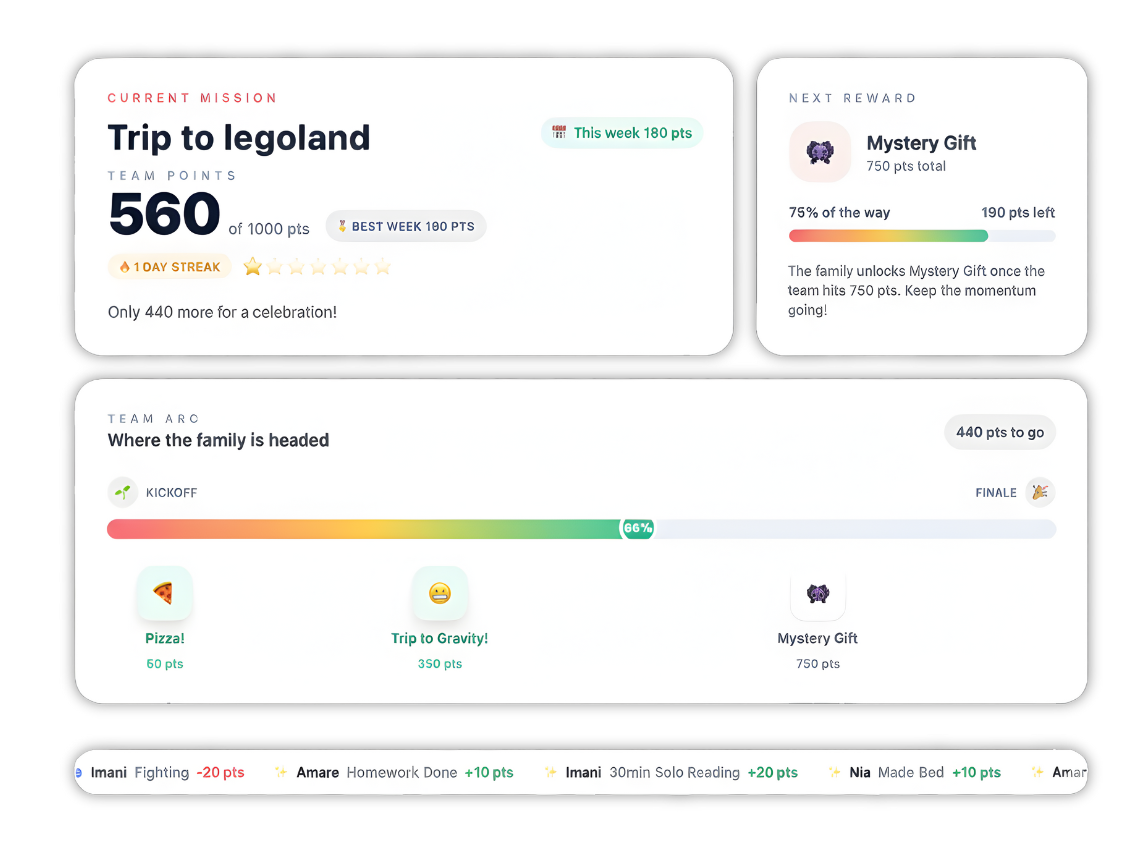As parents, we all want our children to grow up healthy, happy, and equipped with the skills they need to navigate the world. The early years of a child's life are pivotal in shaping their future. During these formative years, there are certain habits and skills that can set the stage for success.
This guide breaks down essential skills for children at ages 5, 10, and 15, helping you foster independence, responsibility, and emotional intelligence along the way.
Essential Skills for 5-Year-Olds
Basic Self-Care
At five, children are like little sponges—soaking up information and mimicking behaviors around them. Teaching them basic self-care routines is foundational. Encourage handwashing and tooth brushing as daily rituals. These simple habits not only promote health but also instill a sense of responsibility.
Motor Skills
Five-year-olds are typically bursting with energy! Foster their physical development through activities like hopping, skipping, and balancing on one foot. These exercises build coordination and confidence. You might find that a fun game of hopscotch or an obstacle course in the yard will have your child engaged while developing these motor skills.
Communication
At this age, children begin to express themselves more clearly. Help them expand their vocabulary by encouraging complete sentences when they speak or tell stories. Playful conversations can enhance their language skills significantly—read books together or sing songs that prompt them to join in.
Understanding Time
Introducing basic concepts of time is another significant step. Teach them about today, tomorrow, and yesterday using fun visuals like a calendar or a clock with colorful markers. This foundational knowledge prepares them for more complex time management as they grow.
Social Skills
Social interactions become increasingly important at this stage. Teach your child about sharing toys and taking turns; these lessons in cooperation go a long way in developing emotional intelligence. Role-playing small conflicts can also be beneficial—helping kids learn how to express emotions appropriately.
Health and Hygiene
Make hygiene fun! Use charts or stickers to track tasks like bathing or changing underwear regularly. Such visual reminders reinforce good habits while allowing independence. You can also use the Family Goals digital reward chart to give them gamified encouragement.
Table Etiquette and Good Manners
Modeling good table manners is essential at this age. Teach your child how to use utensils properly and the importance of saying “please” and “thank you.” Engaging in family meals where everyone shares stories can make learning manners enjoyable.
Dressing and Cleaning Up
Encourage your little one to dress themselves—pick clothes out together to make it an enjoyable task rather than a chore! After playtime, make it a game to clean up toys together; this builds responsibility while keeping things organized.
Engaging Practices
Interactive activities such as reading books aloud or playing word games enhance communication skills without feeling like work. Limiting screen time encourages outdoor play and creative pursuits—important outlets for physical energy!
Essential Skills for 10-Year-Olds
As children approach ten, they enter a new chapter full of responsibilities and opportunities for growth.
Life Skills and Responsibilities
Involving children in household chores is vital at this stage. Simple tasks like washing dishes or folding laundry teach valuable lessons in maintaining a clean space—a skill they'll carry into adulthood.
Cooking and Meal Preparation
Why not introduce simple cooking tasks? Making sandwiches or breakfast together not only builds culinary skills but also fosters independence—plus, it's delicious!
Money Management
Around age ten is perfect for introducing money management concepts. Discuss budgeting using allowances as real-life examples; saving for toys can turn into valuable lessons about financial literacy down the road.
Self-Advocacy
Encouraging kids to express their needs helps them develop self-advocacy skills. Discuss social situations openly so they feel comfortable navigating friendships on their own terms.
Time Management
While more advanced time management comes later at age fifteen, introducing lists or schedules now can set the foundation for responsible planning ahead.
Cleaning and Organization
Teach kids how to sort laundry effectively or hang up clothes properly—it’s about building personal space responsibility that will serve them well later on.
Engaging Practices
Invite your child into meal planning sessions; it enhances their cooking abilities while fostering accountability. Positive reinforcement after completing chores helps motivate them further; everyone enjoys being recognized!
Essential Skills for 15-Year-Olds
As teenagers begin asserting their independence, it’s essential to focus on advanced skills that will prepare them for adulthood.
Advanced Communication Skills
By fifteen, teens should be able to express ideas clearly while actively listening to others. Discuss tricky social scenarios together; practice how to apologize sincerely when needed—these conversations go far beyond mere words.
Problem-Solving
Encourage critical thinking by allowing teens to tackle problems independently before stepping in with solutions yourself. This empowers them—and teaches resilience!
Time Management
Refining time management becomes crucial at this age as responsibilities multiply with schoolwork and possibly part-time jobs. Teach detailed scheduling techniques like the Pomodoro Technique which promotes focus during study sessions.
Driving and Navigation
If applicable, teaching driving skills introduces both freedom and responsibility—the perfect combination! Emphasize safety on every outing so they learn safe habits from the start.
Emotional Intelligence and Social Skills
Continue discussions surrounding emotional intelligence by exploring conflict resolution strategies together; show them how handling arguments maturely builds stronger relationships overall.
Engaging Practices
Have open conversations about diverse topics—social issues or personal growth—to stimulate critical thinking outside academics too! Encourage participation in extracurricular activities that foster teamwork while providing leadership opportunities simultaneously!
Conclusion
As parents guiding children through various developmental stages from ages five through fifteen, focusing on foundational habits makes all the difference in building lifelong skills necessary for adulthood success! By nurturing independence through practical experiences—from self-care routines to problem-solving challenges—you create confident individuals ready to face life’s ups-and-downs with grace!
Remember: While these milestones serve as helpful benchmarks along the journey ahead; each child is unique—with individual strengths waiting just beneath surface ready-to-shine bright when given encouragement & support needed flourish most effectively!
